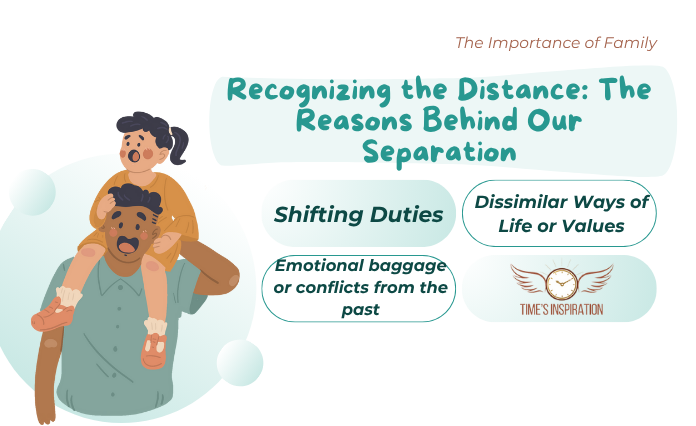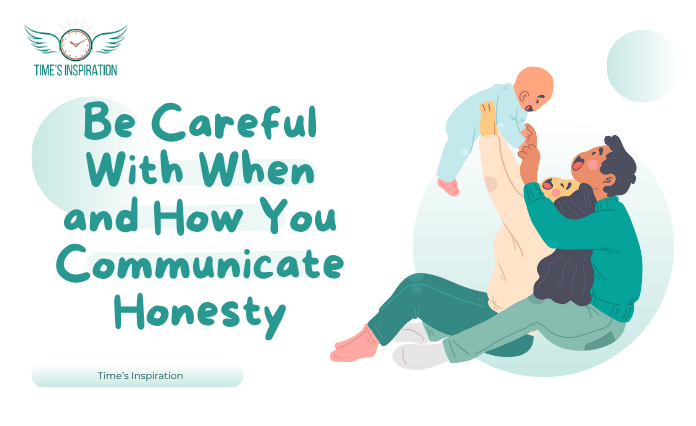Reconnecting With Parents as an Adult
- October 13, 2025
- 0
As We Grow Up, As We Part Ways Reconnecting With Parents as an Adult – The dynamic between a child and their parents changes as they become older.
As We Grow Up, As We Part Ways Reconnecting With Parents as an Adult – The dynamic between a child and their parents changes as they become older.

Reconnecting With Parents as an Adult – The dynamic between a child and their parents changes as they become older. What started as a dependent connection evolves into one of autonomy and, at times, physical separation. Life is hectic. Conversations with our parents can quickly become shorter, less regular, and more superficial as we become more preoccupied with our careers, families, and obligations.
But hidden behind the calm is a want for many of us—to reestablish connection, to comprehend one another, and to restore the warmth that may have waned with the passage of time.
Connect with our Social Media Platform also learning in knowing more about Time’s Inspiration
Meeting together with your parents after you’ve grown up is about more than simply reminiscing. It’s about coming to terms with their wounds, growing up, and discovering again who they are as people, not simply as “Mom” or “Dad,” but as unique individuals with their own experiences, ups and downs.
Let’s figure out how to mend that fence—with tolerance, limits, and bravery.
Disputes aren’t necessarily the root cause of adult children growing apart from their parents. Life has a way of working its magic sometimes. On the other hand, a lot of times, underlying feelings go unacknowledged.

Your parents used to make all the important decisions when you were little. As a grownup, it’s up to you to create your own. When parents still view their children as a “child” rather than an equal, the transition from child to adult can be difficult for everyone involved.
Disagreements could arise due to generational differences. While your parents’ culture placed a premium on perseverance and selflessness, you may place a higher importance on emotional well-being and personal space.
Neglect, unresolved conflicts, or unfulfilled expectations can leave emotional scars that last for years. Although avoiding problems might appear more convenient than confronting them, it frequently hampers the healing process.
You can approach reconnection with empathy instead of guilt if you understand these layers.
The goal of repairing damaged relationships with parents as an adult should not be perfection but rather reconciliation, mutual understanding, and personal development.
Allow me to explain:
The focus of reconnecting should be on building a better present and future rather than dwelling on the past.
Reflect on yourself for a while before you reach out. What questions should you ask:
Being self-aware stops one from falling back into previous habits. It also lets you talk to people without getting angry or guilty, which is a huge improvement.
Taking the initiative can be the most challenging aspect of reestablishing contact. Feelings of emotional unease, embarrassment, or rejection can be on your mind. Keep in mind that reconnection doesn’t need to be grandiose. A basic starting point could be:
"Hey, you've been on my mind recently. I long to reconnect with you and enjoy your company."
Begin with a modest effort. An invitation to a more in-depth conversation can be as simple as a phone call, a personal visit, or a well-written message.
The point isn’t to solve all of your problems at once, but to demonstrate that you’re willing, warm, and present.
We tend to think our parents are wonderful or know everything when we’re little. We grow up to understand that they’re human, with all the flaws and complexities that entail.
Do your best to understand your parents by looking at them through their own experiences as well as yours:
Converting anger into comprehension is the power of empathy. It clarifies the reasoning behind errors, but it does not absolve them.
Skipping over a tense situation won’t make it go away. Be truthful yet being gentle when you are ready to speak. Substitute “I” statements for accusatory ones:
This allows for more understanding and less defensiveness by moving the emphasis from blaming to expressing.

Pick a quiet, alone moment. When tempers are flaring, it’s best not to revisit old debates. The point is to build rapport, not to argue.
No need to compromise your unique identity in order to reconnect. Relationships, particularly those between adults, benefit from having clear limits.
If your parents have a tendency to be critical, go too far, or bring up delicate subjects, it’s acceptable to say:
"At this moment, I would rather not discuss the fact that I love you with you."
Establishing clear boundaries is important for maintaining peace, not for displaying too much pride. Their lessons in mutual respect for one another’s personal space, viewpoints, and autonomy are invaluable.
Intentionally and lovingly constructed boundaries are bridges, not walls.
When you’re an adult in a relationship, it’s wonderful because you can make it your own by making traditions and experiences that are unique to you.
Try:
Restoring connection through small, consistent actions is more beneficial than a single large deed. The point is to just be there, to listen, and to share time with others in an honest way.
A happily ever after isn’t guaranteed by reconnection. Perhaps your parents won’t make any major changes, or maybe you’ll always have a lot of differences of opinion.
No worries. It is not perfection that we want, but rather peace.
The optimum conclusion is often a state of emotional stability and mutual respect. Sometimes, it’s about forgiving someone without getting to know them. Being truthful and compassionate in your actions is what’s really important.
If there has been a history of emotional or physical abuse, manipulation, or injury, reunion might not be the best option.
Direct touch isn’t necessarily necessary for healing in these cases. One way to reestablish internal harmony is to practice self-compassion, writing, or therapy to work through difficult emotions.
When you forgive, you release yourself from the weight of hurt; it doesn’t imply you have to forget or make amends.
Even if your relationship stays distant, you may still acknowledge your growth.
The act of reconnecting is more like a journey than a definitive destination. Breaking old patterns and reestablishing trust are both processes that require time.
Take your time—both with them and with yourself. Sometimes all it takes to move on is a few friendly chats, some belly laughs, or maybe just some quiet understanding.
In the calm, everyday moments that replace years of miscommunication, healing can occur.
No matter how bad things have gotten in the past, it might help to focus on the positive aspects of your relationship. Gratitude changes how we look at things, but it doesn’t make the hurt go away.
Perhaps you want to express your gratitude to your parents for the life they gave you, the lessons they taught you, or both. Love, in all its manifestations, endures despite the passage of time and the accumulation of hardships.
Coming back to your parents as an adult isn’t about reliving the past, but rather about gaining a better understanding of what happened and how to go forward.
The key is to express:
"I still want to make an effort, even though we might not always understand each other."
Just that little bit of work can be enough to change the course of events over decades.
While family ties are intricate, they also possess the greatest capacity for profound healing. Reconnecting with someone, whether via deep conversation, an embrace, or silent forgiveness, is a blessing—for you, for them, and for generations to come who will see how love can change and how hearts can mend.
Subscribe Now